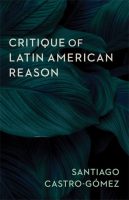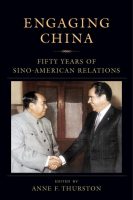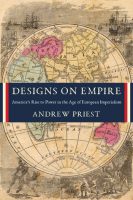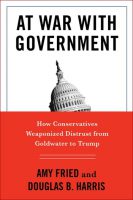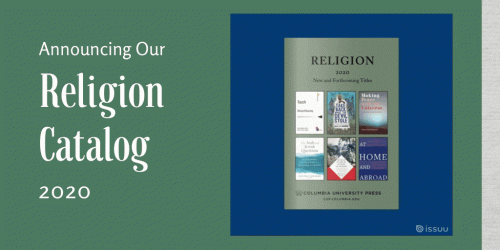Announcing Our 2021-2022 Politics and International Affairs Catalog
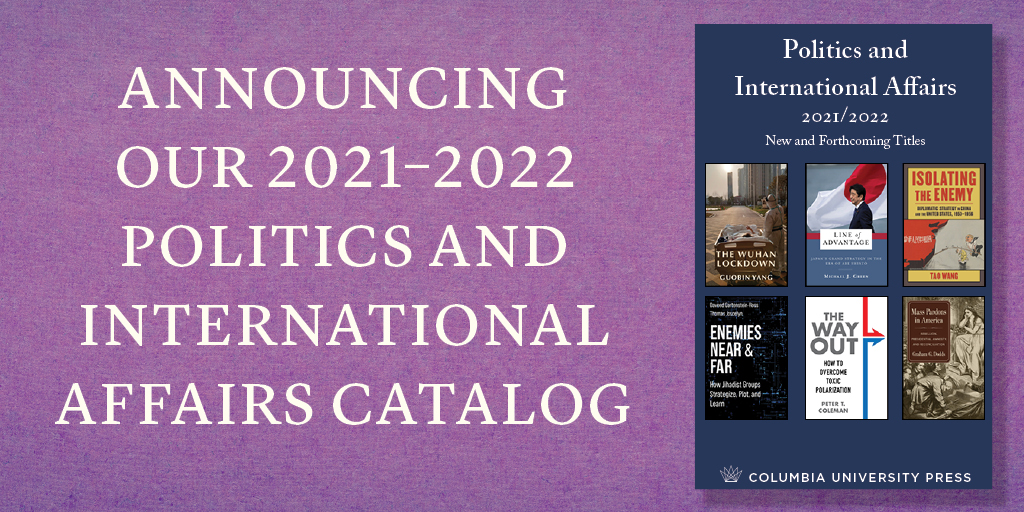
Letter from the editors:
Greetings and welcome to the Columbia University Press 2021–2022 catalog for politics and international affairs.
In international relations, we are pleased to publish the first book in our series Columbia Studies in International Order and Politics, Making War on the World: How Transnational Violence Reshapes Global Order, by Mark Shirk. This book challenges ideas of state and global order formation by looking at the role of disruptive transnational actors: pirates, anarchists, and terrorists.
In terrorism and security studies, Daveed Gartenstein-Ross and Thomas Joscelyn examine jihadist groups’ organizational learning from the twentieth century to the present in Enemies Near and Far: How Jihadist Groups Strategize, Plot, and Learn.
The latest additions to the Columbia Studies in Middle East Politics series Lumbering State, Restless Society: Egypt in the Modern Era by Nathan J. Brown, Shimaa Hatab, and Amr Adly, and Friend or Foe: Militia Intelligence and Ethnic Violence in the Lebanese Civil War by Nils Hägerdal, each use a comparative lens to untangle the particularities of Middle Eastern domestic politics.
And lastly, in Asian politics, Michael J. Green’s Line of Advantage: Japan’s Grand Strategy in the Era of Abe Shinzō, brings a historical perspective to the international policy of the Abe era.
The year 2021 has been another year of unprecedented political challenges, and our theory list features some very timely books that address critique, racism, and the politics of religion.
Critique of Latin American Reason by Santiago Castro-GÓmez is a translation of one of the most important twentieth-century philosophical texts from the region, revealing the colonial underpinnings of even the most radical political thought.
Crisis Under Critique, edited by Didier Fassin and Axel Honneth, investigates the ever-present notion of crisis itself and how it is experienced by people in its midst.
We Testify with Our Lives by Terrence L. Johnson reveals, through a history of the Black radical left up to Black Lives Matter, how Black religion has given these movements their moral force.
And At Home and Abroad, edited by Elizabeth Shakman Hurd and Winnifred Fallers Sullivan, examines the different ways that the free exercise of religion clause is interpreted in domestic and international settings.
In the study of U.S. foreign relations, we have Tao Wang’s Isolating the Enemy, which details a critical few years early in the Cold War, when the United States and China came face to face.
In Engaging China, experts on Sino-American relations from ambassadors to historians to political scientists consider the last fifty years of U.S. policy toward China.
And in Designs on Empire, historian Andrew Priest looks at the late nineteenth century, when Americans observed the era of high European imperialism and began to formulate their own ideas of America’s place in the world.
And, finally, in American politics, we have two books that speak to the current moment. In At War with Government, political scientists Amy Fried and Doug Harris excavate the last fifty years of the Republican Party, showing how the party cultivated antigovernment sentiment to win elections, pass legislation, and build coalitions.
And in When Good Government Meant Big Government, historian Jesse Tarbert traces federal reforms through the Progressive Era, and shows how our idea of efficient and beneficent government has changed.
We hope you enjoy these books,
Caelyn Cobb, editor, global politics
Wendy Lochner, publisher, political theory
Stephen Wesley, editor, American politics
.
Categories:American Political Science AssociationCatalogsColumbia University PressInternational RelationsPoliticsVirtual Exhibits
Tags:Amr AdlyAmy FriedAndrew AscherlAndrew PriestAnne F. ThurstonAPSAAPSA 2021At Home and AbroadAt War with GovernmentAxel HonnethCaelyn CobbCrisis Under CritiqueCritique of Latin American ReasonDaveed Gartenstein-RossDesigns on EmpireDidier FassinDouglas B. HarrisElizabeth Shakman HurdEnemies Near and FarEngaging ChinaFriend or FoeIsolating the EnemyJesse TarbertLine of AdvantageLumbering State Restless SocietyMaking War on the WorldMark ShirkMichael J. GreenNathan J. BrownNils HägerdalSantiago Castro-GómezShimaa HatabStephen WesleyTao WangTerrence L. JohnsonThomas JoscelynWe Testify with Our LivesWendy LochnerWhen Good Government Meant Big GovernmentWinnifred Fallers Sullivan





